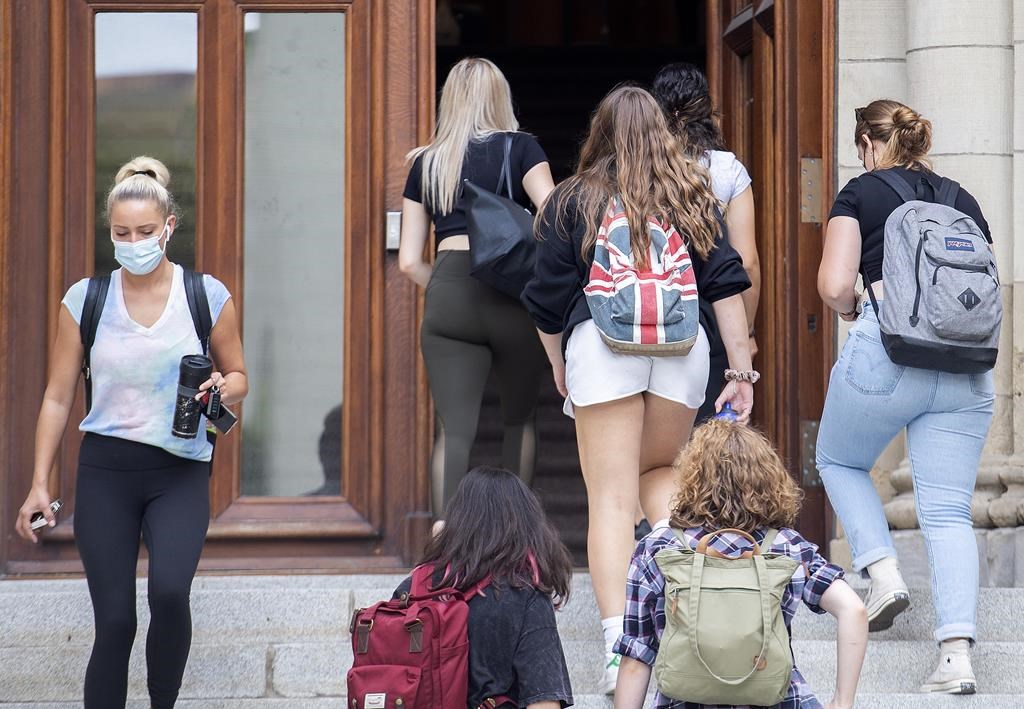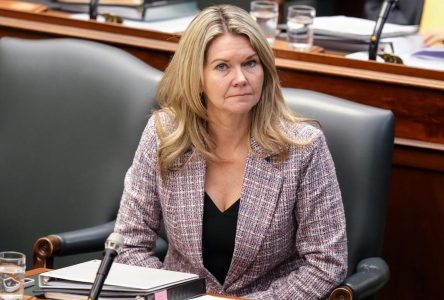TORONTO — Inflation is driving more post-secondary students to stay home with their parents as they complete their studies — marking a shift from a decade ago, a poll published by RBC on Wednesday shows.
Almost half of respondents aged 18-29, or 47 per cent, said they plan to live with their parents this school year, compared with 36 per cent of students in 2013, the online survey reported.
The survey, which was conducted by Ipsos and surveyed 1,000 Canadian post-secondary students between June 29 and July 12, found 43 per cent of respondents assumed their parents would be taking care of their financial needs, compared to 29 per cent in 2013.
Jodi Letkiewicz, an associate professor at York University who specializes in personal finance, took issue with the survey’s findings, saying she hasn’t seen enough evidence to claim students are staying back with their parents while they complete their studies.
However, she said, at York University — with its campuses in and around Toronto — it is common to see students living with their parents and commuting to campus.
Letkiewicz also pointed out the release doesn’t state reasons why students are choosing to stay home.
“We’re going to need more research to speculate this,” she said.
“Inflation is a part of the equation but we’re in a real housing crunch. … The real change is the cost of living.”
The poll shed light on how post-secondary students are fighting to keep up with inflation.
About half of them said they plan to take up part-time work as they attend school full-time, cut back on non-essential spending, stick to a prepared budget and regularly monitor their expenses.
The report found about 45 per cent of students expect to graduate with up to $20,000 in debt, a jump from 30 per cent in 2013.
Almost all students surveyed also said they were not good at handling money and would have to learn to better manage their finances.
“Students are looking at how expensive things are and deciding whether it’s worth taking on more debt and what may now come as a luxury — live on your own during your post-secondary studies,” said Letkiewicz.
“Students are trying to be a little more responsible.”
Letkiewicz said the shift could also impact parents who are squeezing their finances, including their retirement, well-being and future, to fund their child’s post-secondary education.
The poll cannot be assigned a margin of error because online surveys are not considered truly random samples.
This report by The Canadian Press was first published Sept. 6, 2023.



